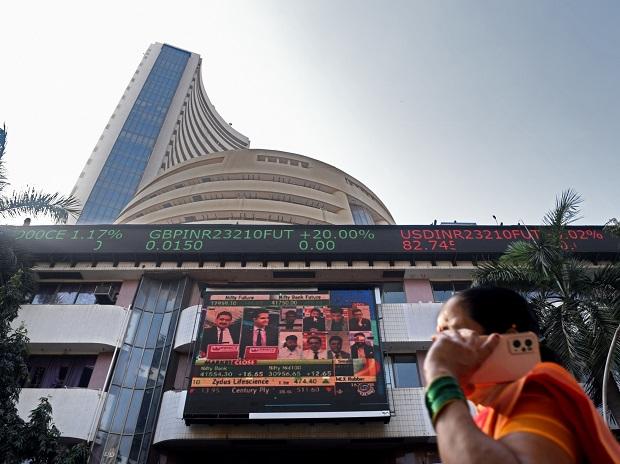“Equity markets remained tense as broadcast of news of bank failures adversely affected sentiment. Base rate hikes by the US Federal Reserve (US Fed), Bank of England and persistence of inflation are seen as “There is a downside for the markets in the immediate term,” said Joseph Thomas, Head of Research at Management.
India’s m-cap falls
Historically, there has been strong co-movement between US and EM equities. Analysts at MK Wealth said in a recent note that looking at the historical monthly returns of US and EM equities since 2001, they have moved ~76 percent in the same direction.
“Overall, when both US and EM equities had positive months, EM equities returned an average of 3.5 percent versus 5.1 percent for the US, while in the opposite scenario (both US and EM -ve), EM equities returned -6 percent.” Returns versus -4.6 percent for the US,” he said.
Meanwhile, persistent selling by foreign portfolio investors also weighed on the overall markets. So far this month, FPIs have sold equities worth Rs 246 crore with a buying span of only five days.
Dr VK Vijayakumar, Chief Investment Strategist, Geojit Financial Services, believes that FPIs have been sellers in most emerging markets except China, which continues to witness inflows due to open trade.
“FPIs are likely to remain cautious in the near term as risk aversion in equity markets globally is lower due to stress in the US banking system and fall in banking stocks. In India, flows will mainly be targeted into the domestic economy- banking Sectors such as capital goods and auto are facing challenges. An opposite trend in favor of IT and pharmaceuticals is likely in the near term as valuations of these segments have become attractive after the recent correction,” he added.


